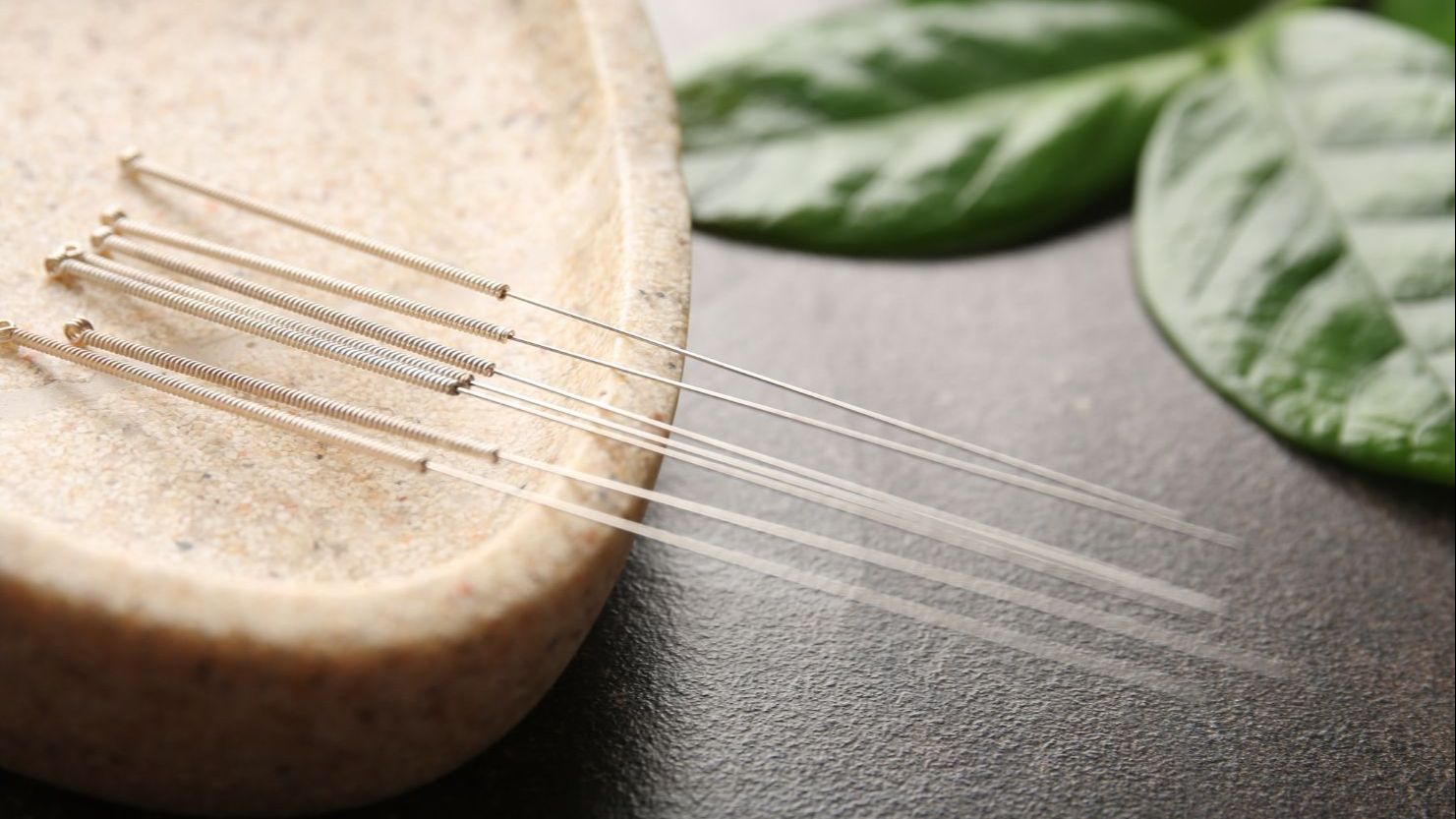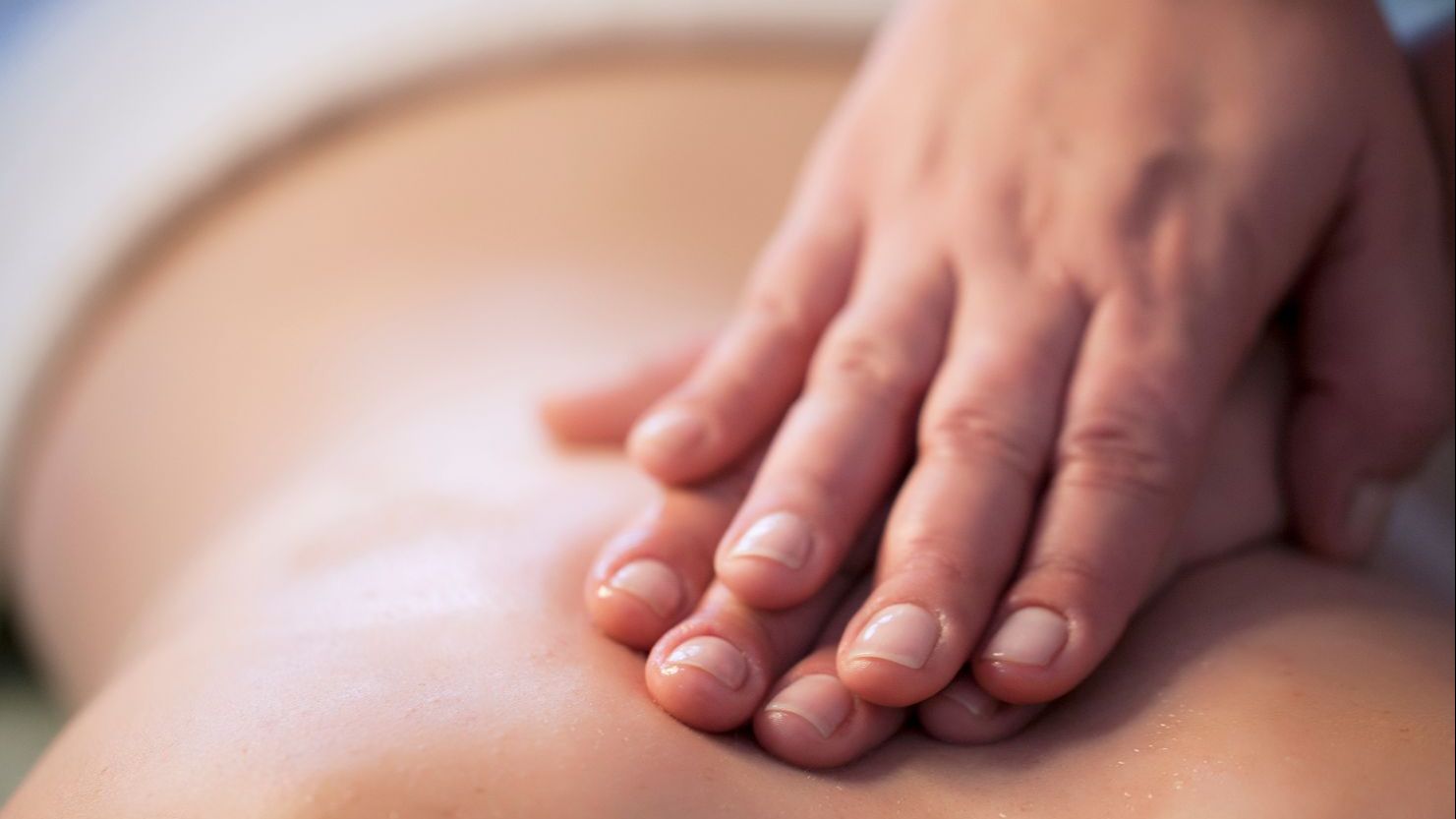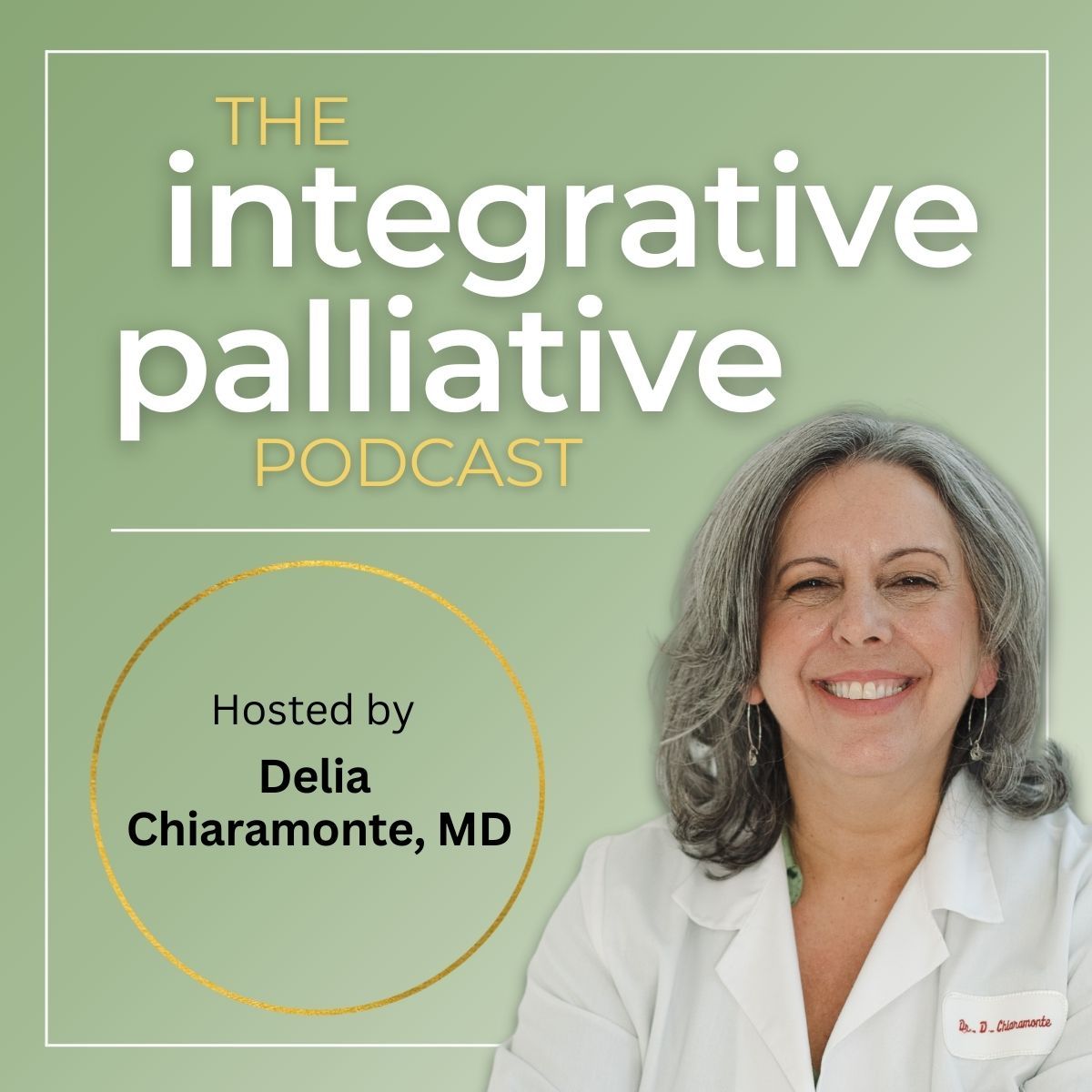What is Integrative Palliative Medicine?
A perfect partnership.
Both Palliative Medicine and Integrative Medicine are distinct fields on their own, but there is magic when you put them together.
Integrative Palliative Medicine
Integrative Palliative Medicine (IPM) provides whole person care for people with serious illness, using all the tools that work. From medications to meditation, from injections to acupuncture, IPM clinicians use an evidence-supported, comprehensive treatment approach. We are experts at relieving physical and emotional suffering in families facing serious illnesses such as cancer, heart disease, lung disease, autoimmune disease, dementia and more.
In addition to expertise in symptom management, Integrative Palliative Medicine clinicians offer practical, effective wellbeing skills to help families cope with health challenges and make complicated medical decisions.
But there's a problem. There are very few physicians trained to provide high quality integrative palliative medicine.
The mission of The Institute for Integrative Palliative Medicine is to train one thousand Integrative Palliative physicians across the world by December of 2026.
If you are an oncologist, cancer surgeon, geriatrician, rheumatologist, primary care physician, physiatrist, palliative care physician or other physician who cares for patients with serious illness, come learn with us. You'll rediscover the joy in your practice and your patients will thank you.
Sign up below to connect with us.
Find out moreConnect with us...
Join our community of physicians & other clinicians who want deep connections with patients, a clinical practice that they love,
a commitment to their own wellbeing and
tools to help their seriously ill patients thrive.
What does IPM look like?
Integrative Palliative Medicine offers practical, effective wellbeing skills to help families cope with health challenges and complicated medical decisions.

Medications
Some people think that integrative palliative medicine or integrative oncology physicians don't use medications but that is a myth. We use both pharmacologic and non-pharmacologic tools.

Mindfulness Counseling
Our minds are always focused on either the past, present or future. Ruminating about the past and worrying about the future can decrease wellbeing; focusing on the present moment helps manage anxiety and improve wellbeing. Mindfulness counseling teaches this skill.

Mind-Body Techniques
Decreasing an over-active sympathetic nervous system is crucial for managing pain, anxiety, insomnia and more. Techniques such as diaphragmatic breathing, meditation, and guided imagery are effective and easy to learn.

Acupuncture
Acupuncture has been shown to help multiple conditions including pain, anxiety, sleep problems, depression, stress and digestion issues. It is safe and tolerated by most people - even those who don't like needles!

Manual Medicine Techniques
The muscles, ligaments, joints and fascia can all contribute to pain and dysfunctional movement. Specialists in massage, osteopathic manipulative therapy, physical therapy, chiropractic, and other manual medicine techniques can help reduce pain and increase function.

Lifestyle Counseling
Regular exercise, eating healthy foods, sleeping enough and avoiding toxic exposures such as smoking and excessive alcohol are important for maximizing physical and emotional wellbeing.

Meditative Movement
Techniques such as yoga, tai chi and qigong effectively combine the benefits of movement and relaxation.

Dietary Supplements
Some dietary supplements are useful, others may be dangerous or interact with medications or chemotherapy. Seeking expert guidance before taking dietary supplements is important.

Advanced Counseling Techniques
There are many counseling techniques that can facilitate wellbeing, including positive psychology, cognitive behavioral therapy, acceptance and commitment therapy and self-compassion.

Therapeutic Arts
Creative techniques such as art, music and sound can be used to facilitate healing.

And More...
Some patients may benefit from modalities such as eye movement desensitization and reprogramming, emotional freedom technique/tapping, somatic experiencing, craniosacral therapy and more.
Stay in Touch
If you'd like access to new tools and programs to expand your treatment toolbox, help you care for a loved one and enhance your own wellbeing, sign up here. Your info is safe with us.
No spam, just information, coaching and support.
Join Us
Heart-centered tools for your loved one, your practice and yourself. Click below to stay in touch.

Check out our podcast!
You'll find tons of practical information about integrative symptom management in Dr. Chiaramonte's podcast, The Integrative Palliative Podcast. While it's targeted to physicians, everyone is welcome. Check it out.
Check out the podcast